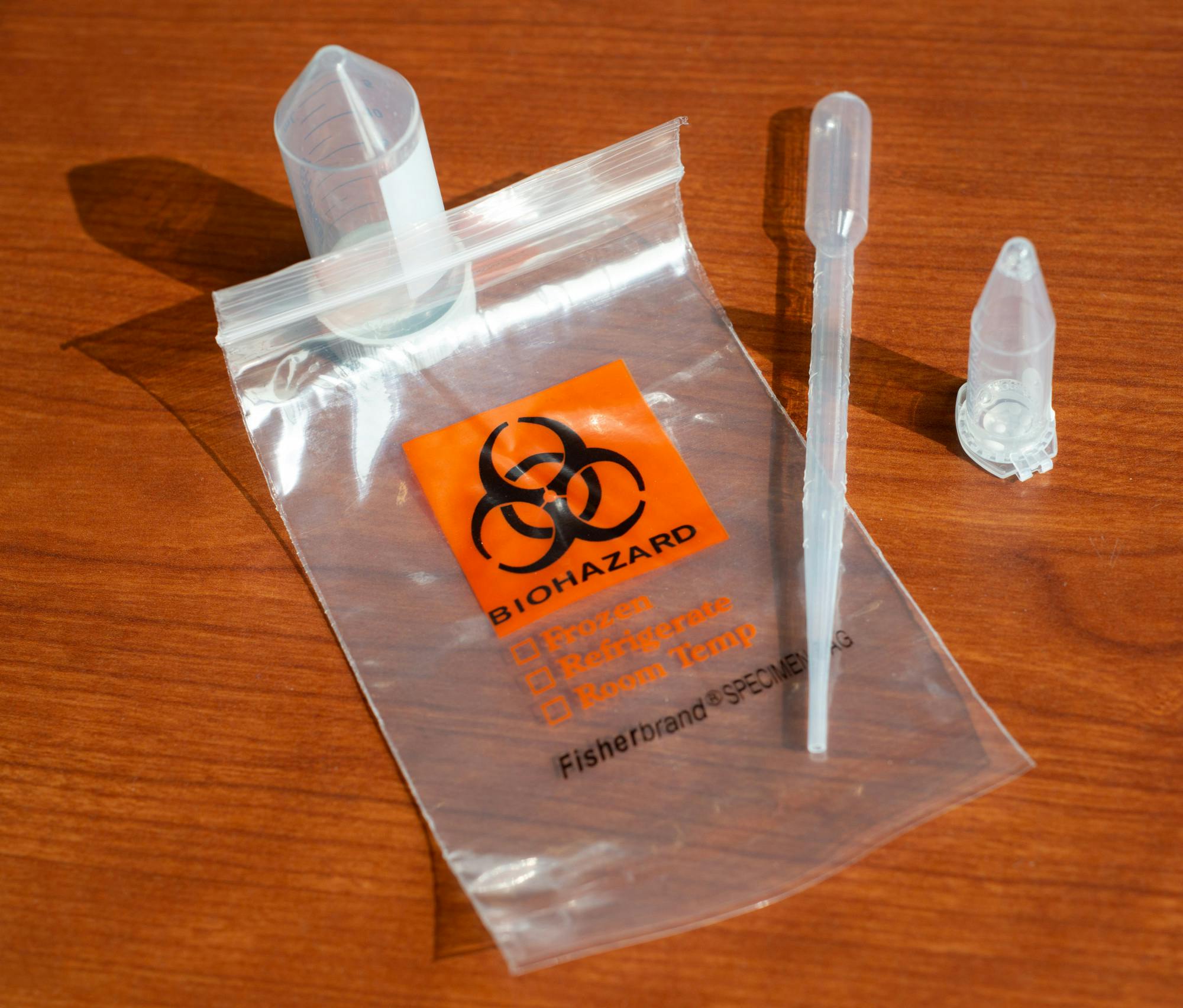About 60 to 70 COVID-19 Early Detection Program samples are rejected each day, accounting for about 6% of weekly samples, according to Michigan State University Deputy Spokesperson Dan Olsen.
When a sample is rejected, participants will receive an email indicating their result and requesting for a new sample to be submitted. In-person activities and on-campus events should not be attended until cleared by a successful sample.
"Just because a sample is rejected, doesn’t mean they’re in violation of the community compact,” Olsen said. “You tend to get in violation with the community compact when you’re not providing a sample or if you’ve intentionally provided a sample that’s not your own.”
Students must submit their new sample as soon as possible after their previous one has been rejected. According to an email update from the Early Detection Program, this is unfortunate as mandatory participants are likely to become overdue for testing.
Reasons for a rejected sample may include a low or high volume, discoloration, missing barcode, a broken seal or contaminants from eating or drinking within 30 minutes prior to providing a sample.
Low or high volumes are the top reasons for a rejected sample, emphasizing the importance of ensuring the sample is at the 2 mL mark in the tube, the email said.
If there is any color in the sample, participants should brush their teeth and wait at least 30 more minutes to collect another sample, according to the email.
All undergraduate students living, working or coming to campus must participate in the program, even if they have previously tested positive for COVID-19, according to the MSU Community Compact. Students who are no longer planning to participate in any in-person activities on campus may submit a request to be removed from the program, according to the Early Detection website.
Given a validation as a diagnostic test under the Clinical Laboratory Improvement Amendments regulations, a positive result from the saliva test no longer requires confirmation with a nasal swab test and are reportable to local and state public health agencies.
As COVID-19 vaccine eligibilities begin to open up, the website emphasized that mandatory participants who have received their first or second doses are still required to continue providing samples. Beginning April 5, all Michigan residents aged 16 and above are eligible to receive their COVID-19 vaccination. Volunteers of the program are also encouraged to continue participation following their vaccination.
Support student media!
Please consider donating to The State News and help fund the future of journalism.
Discussion
Share and discuss “About 6% of Early Detection Program samples rejected each week” on social media.








